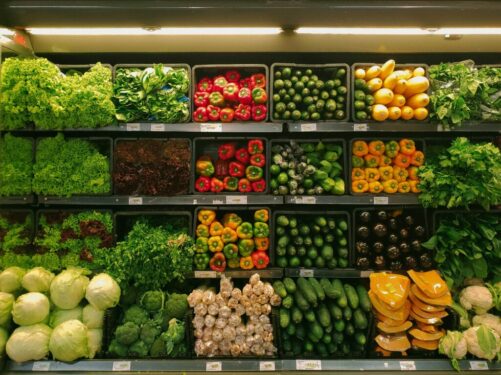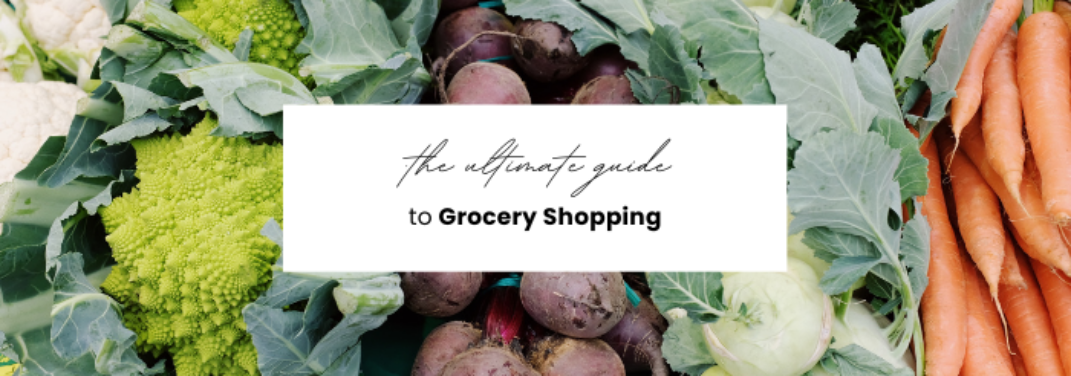The Ultimate Guide to Grocery Shopping
The Ultimate Guide to Grocery Shopping
Grocery shopping may seem like a simple, almost trivial task. Yet, it’s an essential part of our lives that demands strategic thinking, budgetary considerations, and time management. Today I want to offer tips and strategies to make your grocery shopping experience efficient, economical, and even enjoyable.

Tip #1: The first step to an efficient grocery shopping routine is planning. Before hitting the store, plan your meals for the week. Create a shopping list based on these meals and ensure it covers all food categories to guarantee a balanced diet. Include proteins, grains, fruits, vegetables, and healthy fats. Use your favorite recipe apps, food blogs, or cookbooks to inspire and help you in meal planning.
Tip #2: Group your shopping list items according to the layout of your preferred store. This will save you time by minimizing back-and-forth movements. For example, if your store has produce at the entrance and proteins at the back, structure your list accordingly.
Tip #3: Set a budget for your weekly grocery shopping. Your budget should be flexible enough to accommodate unexpected deals but stringent enough to prevent unnecessary purchases. To stretch your dollar further, utilize discount cards, coupons, and promotional deals. Consider buying in bulk for non-perishable items or those with a long shelf-life.
Tip #4: While buying cheaper products to save money is tempting, it’s essential to remember that cheaper doesn’t always mean better. Focus on the quality of the products rather than quantity. Fresh produce, high-quality proteins, and whole grains may cost a bit more but will benefit your health in the long run.
Decide which items are worth buying organic. While organic produce can be healthier due to lower pesticide residues, it can also be more expensive. The Environmental Working Group’s (EWG) “Dirty Dozen” and “Clean Fifteen” lists can guide you on which fruits and vegetables have the highest and lowest pesticide residues.
Tip #5: Understanding food labels is essential to grocery shopping. Look beyond the marketing claims on the front of the package. Check the ingredients list and nutrition facts. Avoid products with trans fats, high amounts of added sugars, or unpronounceable ingredients. Remember, ingredients are listed in order of proportion in the product, so the first few ingredients make up most of the product.
Tip #6: Avoid going grocery shopping when you’re hungry. Hunger can lead to impulse buys and unhealthy food choices. If you must shop before a meal, consider grabbing a healthy snack first.
Tip #7: Consider the environmental impact of your grocery shopping. Choose locally grown produce when possible, reducing the carbon footprint associated with long-distance shipping. Opt for reusable shopping bags and produce bags to reduce plastic waste.
Tip #8: Online grocery shopping and delivery services have gained immense popularity in this digital age. They offer convenience, especially for those with tight schedules or mobility constraints. However, compare prices as they can vary between physical and online stores.
In conclusion, grocery shopping is not merely a chore but a significant factor influencing our dietary habits, health, and well-being. With planning, budgeting, informed decision-making, and a dash of technology, you can transform this mundane task into an effective and enjoyable routine.

Ready for Better Health?
You are the most important part of your health journey. We are here for guidance to help you on your journey.


You must be logged in to post a comment.